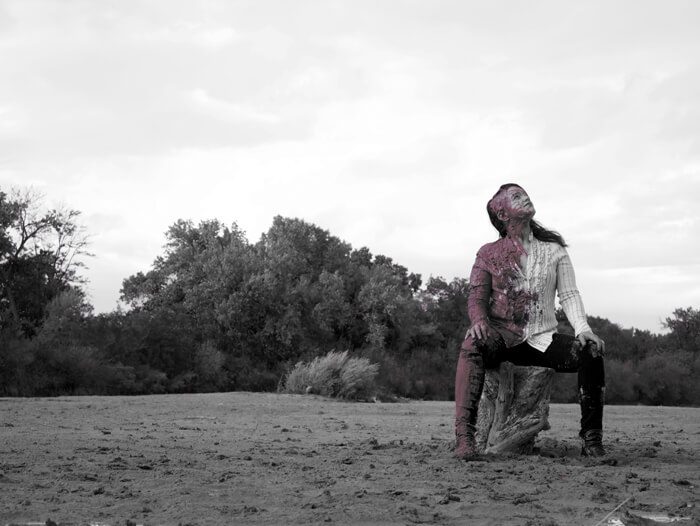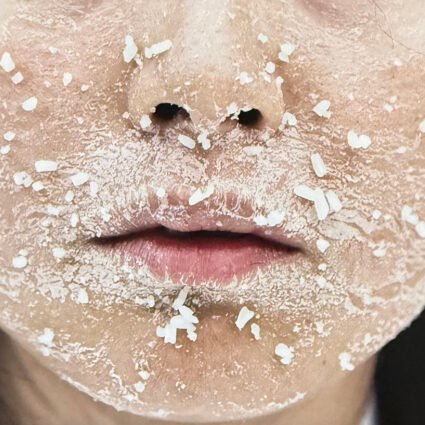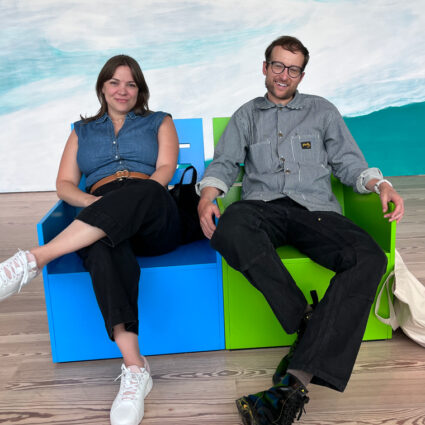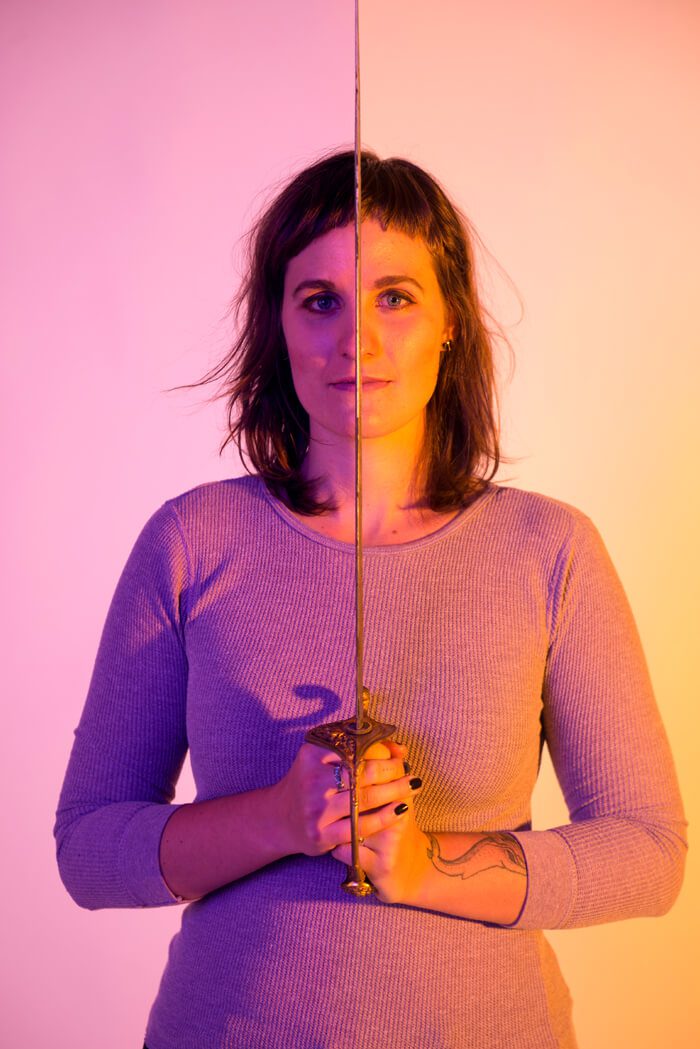
Giving Voice to Some of New Mexico’s Most Inventive Music Projects
“What exactly is a record label’s future in a music industry climate seemingly hellbent on conditioning audiences to pay next to nothing for music?” Eliza Lutz, founder of the pioneering Santa Fe–based Matron Records label, thinks the only path forward is to embrace the inevitable and adapt accordingly.
“I don’t think we should try to fix something that’s fundamentally changed,” Lutz answers with little hint of resignation when I pose the question. “People don’t pay for music anymore, so you have to innovate. Audiences want to be a part of communities based on projects they can rally around. Let’s create things people have never seen or experienced.”
What exactly is a record label’s future in a music industry climate seemingly hellbent on conditioning audiences to pay next to nothing for music?
Lutz has been animating her intrepid creative philosophy in some fascinating ways since launching Matron back in 2016. Recently, the label hosted a release show for Cthulha, an experimental artist on its roster who explores the relationship between physical movement and sound. The affair featured four chefs who cooked up a ten-course meal, with each plate corresponding specifically to the music being performed live. “You could eat the album in real time,” she says.
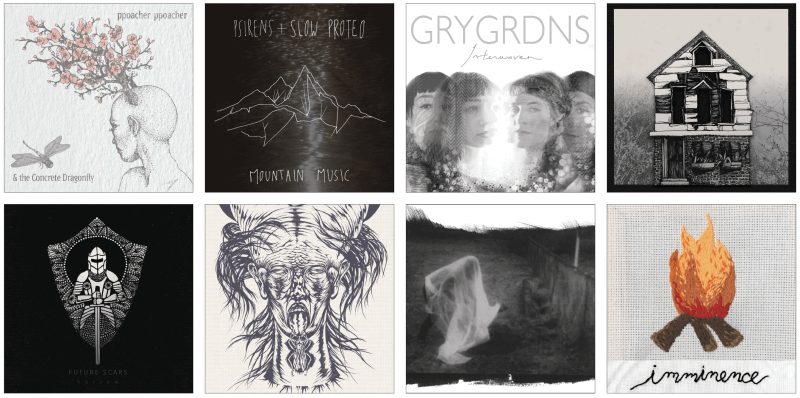
With unconventional performances like Cthulha’s food-centric album release party and Matron’s frequent collaborations involving aerial dance troupe AirDance New Mexico, Matron is helping to update and reshape the meaning and purpose of traditional label-artist relationships. Lutz thinks of Matron as both a label and a creative agency. In addition to running the label and being in four bands herself, Lutz is also a graphic designer and illustrator. “Music is the key that ties all of Matron’s different projects together, but there are many different disciplines I’ll engage in to bring an idea into fruition,” Lutz answers when I ask what role she plays in shaping the non-musical creative aspects of Matron’s projects.
Music is the key that ties all of Matron’s different projects together, but there are many different disciplines I’ll engage in to bring an idea into fruition
The official video for “Adobe,” a song released by the Albuquerque-based band Chicharra, is a prime example of Matron’s progressive creative aesthetic in action. Motionless figures caked in mud slowly come to life before bolting off into the New Mexico dusk in a surreal scene set to otherworldly vocals and meandering guitars. Lutz isn’t directly involved in each and every non-musical creative endeavor of Matron’s artists, but she has constructed an effective platform to showcase them in a meaningful way.
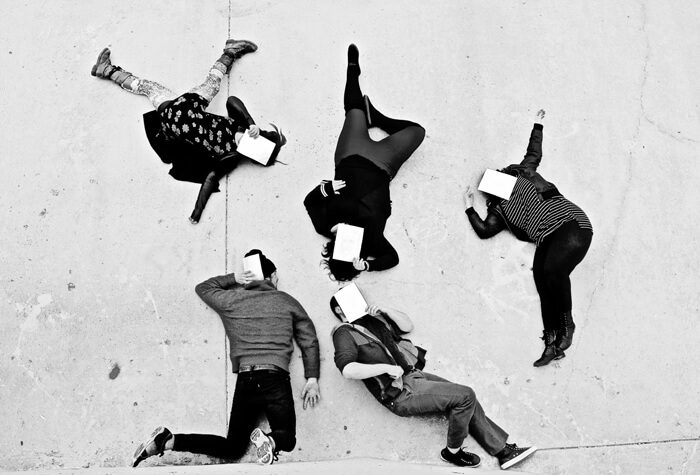
From a reverb-drenched banjo duo to an infectious guitar-driven pop outfit, nothing overtly links Matron’s artists other than the fact that they each hail from New Mexico. Lutz views Matron as an extension of her taste, which is notably expansive and varied. A Santa Fe native, Lutz started making music as a teenager and began touring at sixteen. She quickly took on the administrative and non-musical creative duties in the bands she played in, which included DIY tour booking, developing artwork for posters and albums, and designing merch.
She credits the local youth organization and venue Warehouse 21 for providing her with the resources and creative network that would go on to inform her DIY ethos as an adult. The organization’s staff of energetic twentysomethings taught Lutz how to book shows and screenprint. Aimed at providing mentorship and employment opportunities for Santa Fe’s youth, Warehouse 21 has been a fixture in the capital city’s local music scene for over two decades.
The music industry experience and collaborative creative spirit imparted to Lutz at Warehouse 21 played a distinct role in her decision to form Matron. “I wanted to find a way to translate everything I’d learned for other musicians, especially when it comes to collaboration.”
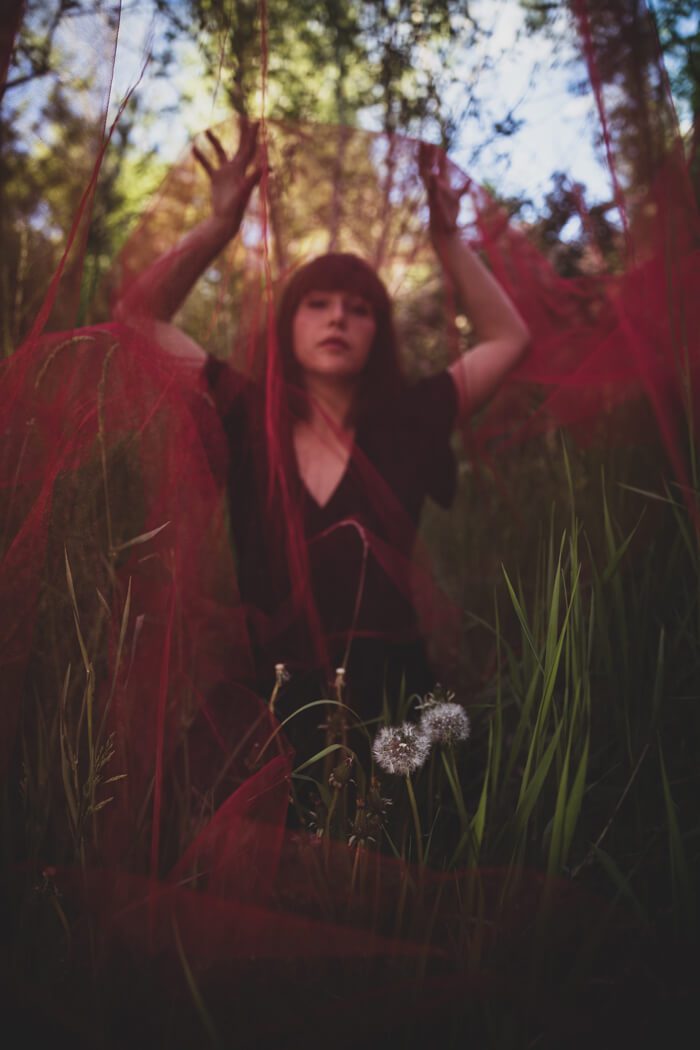
In a city that’s often criticized for only championing the most marketable forms of art, Matron is filling an important role. In addition to representing musicians based in New Mexico, the label is committed to providing visibility and resources for those in music who often lack a platform, including women and members of the LGBTQ community. “My aim is always to be conscious of representation in music. I’m amazed to still see twenty musicians play on stage during a night who aren’t women, queer, or persons of color. You’re so much more likely to get involved in music when you see yourself represented up on stage. Not many platforms like ours are taking representation seriously, so we aim to create a safe space for marginalized musicians. Admitting that these issues are important is the first step in making the culture around music more safe, accessible, and supportive for those that it’s traditionally not been.”
In a city that’s often criticized for only championing the most marketable forms of art, Matron is filling an important role.
Lutz goes on to explain that the art pushed to the periphery in Santa Fe had a profound impact on her upbringing. The local punk and metal bands the city wasn’t paying much attention to over the past few decades deeply resonated with her, and she specifically credits the hardcore outfit Logical Nonsense as a major inspiration.
With the lack of traditional music venues in town growing up, Lutz says the underground arts culture of Santa Fe has grown and thrived, though many aren’t aware. “People move to town and tell me that there’s no nightlife here, and they’re so wrong. The underground arts scene flourished here because no one has ever thrown money or attention at it, which has forced artists to carve out their own spaces. I’m hoping what I do with Matron can be a continuation of that.”
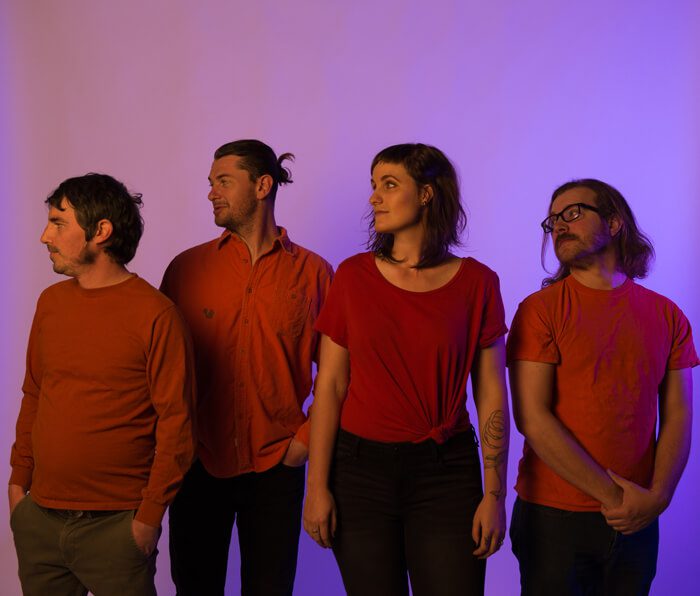
Between working with Matron’s artists and hosting concerts in Santa Fe (she threw over two hundred shows in 2018), Lutz is keeping busy these days. She notes a “venue gap” problem in the city, which she’s addressing by giving show opportunities to acts not big enough to fill venues like Meow Wolf. Local acts, as well as ones touring through the area, work with Matron to play shows at the Rufina Taproom and the performance art space Ghost. From drag events to shows headlined by female-fronted shoegaze acts like Mint Field, Matron’s commitment to representation isn’t just confined to the artists signed to its label.
When asked what Lutz’s future plans for Matron are, she talks about maintaining a small but focused roster and a mission of forging new spaces in the city for lesser-known musicians to thrive in. She also wants to further bridge the gap between Santa Fe’s music scene and the one that exists in Albuquerque, citing local femme-forward communities like the one Cthulha hails from.
Through passion and an unbridled creative work ethic, Matron is proof of just how much one person can do to throw life and purpose into a music community. Lutz’s efforts seem to simultaneously rail against the forces threatening to make Santa Fe bland while embracing the diversity and creative fearlessness that keep the city unique.

